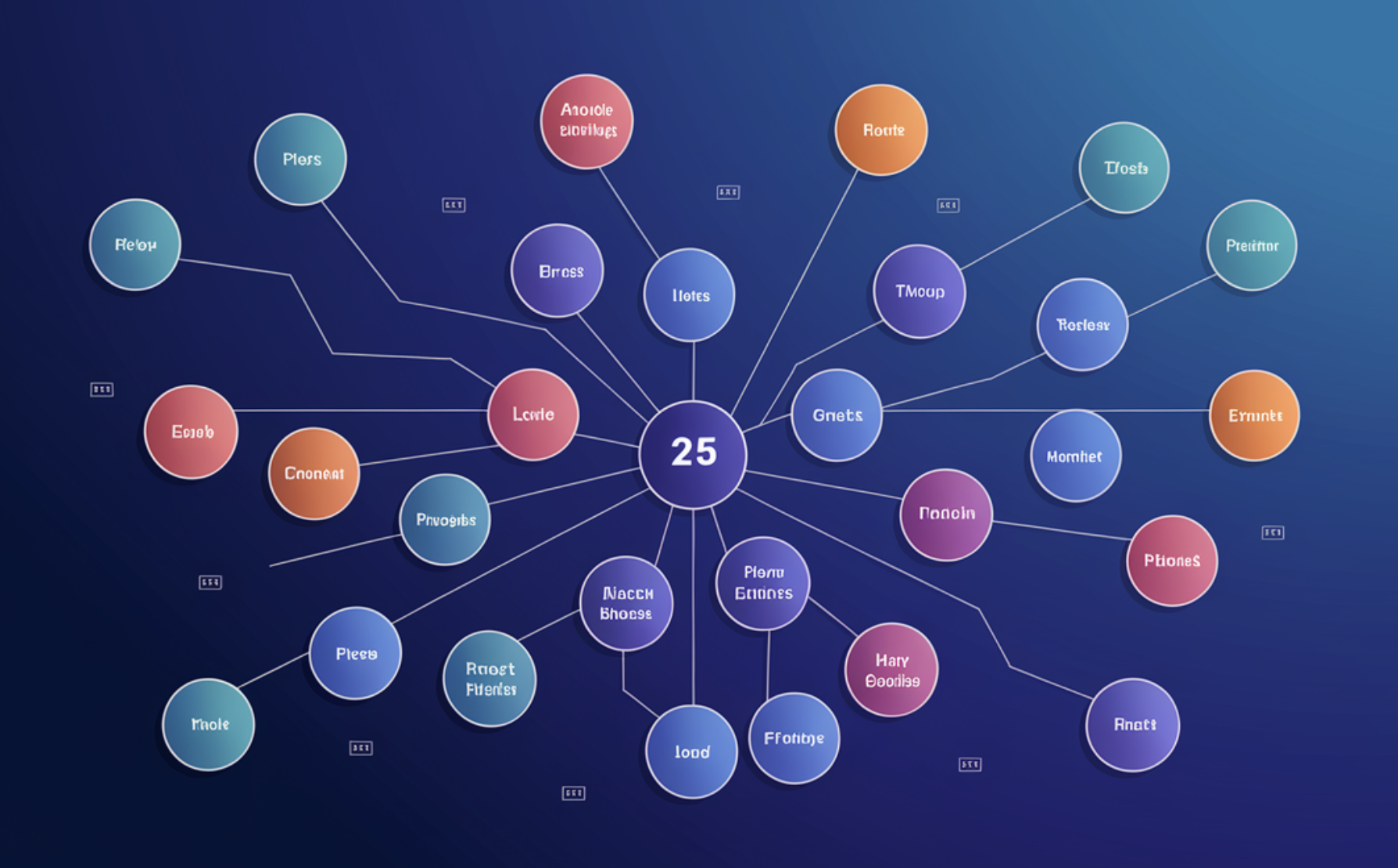
Understanding Programming Languages
The field of technology is always changing, and programming languages play a crucial role. With so many choices, picking the right programming language for your project or career can feel daunting. While all programming languages can accomplish various tasks, they often have specific tools and libraries tailored for particular jobs. Here’s a simple overview of the top 25 programming languages and their main uses.
1. JavaScript
Use: Web development, game development, mobile app development.
Value: Powers interactive web pages and dynamic applications, making it popular for both front-end and back-end development.
2. Python
Use: Data science, machine learning, web development.
Value: Known for its readability and simplicity, it’s great for beginners and has powerful libraries for data analysis.
3. Java
Use: Enterprise applications, Android app development.
Value: Offers portability and reliability, making it ideal for large-scale systems.
4. C++
Use: Game development, system programming.
Value: Provides fine control over hardware, essential for performance-critical applications.
5. C#
Use: Game development, Windows applications.
Value: Integrates well with Microsoft technologies and is widely used for game development with Unity.
6. Go
Use: Cloud computing, network programming.
Value: Built for efficiency and concurrency, suitable for scalable systems.
7. Rust
Use: System programming, performance-critical applications.
Value: Focuses on memory safety and prevents common programming errors.
8. PHP
Use: Web development.
Value: Powers many content management systems, easy to use for dynamic websites.
9. Ruby
Use: Web development, automation.
Value: Known for its elegant syntax and developer productivity, great for rapid application development.
10. Swift
Use: iOS and macOS app development.
Value: Safe and fast, making it easy to learn and build high-quality applications.
11. Kotlin
Use: Android app development, server-side development.
Value: Concise syntax and null safety make it a preferred choice for Android developers.
12. TypeScript
Use: Large-scale JavaScript applications.
Value: Adds static typing to JavaScript, improving code reliability and maintainability.
13. SQL
Use: Database management.
Value: Essential for data retrieval and manipulation in relational databases.
14. R
Use: Data analysis, statistical computing.
Value: Extensive libraries for data visualization and analysis, popular among data scientists.
15. Scala
Use: Big data processing, machine learning.
Value: Combines functional programming with Java interoperability, great for scalable systems.
16. Julia
Use: Scientific computing, data analysis.
Value: High-performance language, easy to use for numerical computing tasks.
17. Dart
Use: Cross-platform mobile apps.
Value: Fast development cycles, especially with the Flutter framework for user interfaces.
18. Lua
Use: Game development, embedded systems.
Value: Lightweight and efficient, ideal for scripting tasks in games.
19. Perl
Use: System administration, web development.
Value: Powerful text processing capabilities, great for automation and log analysis.
20. Haskell
Use: Formal verification, parallel programming.
Value: Strong type system ensures reliability in code.
21. Elixir
Use: Scalable and fault-tolerant systems.
Value: Built on Erlang VM, excellent for real-time applications.
22. Erlang
Use: Distributed systems, telecommunications.
Value: Known for fault tolerance, ideal for messaging systems.
23. MATLAB
Use: Numerical computing, engineering.
Value: Extensive libraries for mathematical computations, popular in technical fields.
24. Assembly Language
Use: Device drivers, performance-critical applications.
Value: Provides direct hardware control, essential for low-level programming.
25. Prolog
Use: Artificial intelligence, natural language processing.
Value: Excellent for solving complex problems using logical reasoning.
Choosing the Right Language
When selecting a programming language, consider these factors:
- Project Requirements: What does your project need?
- Performance: How crucial is performance for your application?
- Scalability: Will you need to support many users or large amounts of data?
- Developer Experience: How easy is the language to learn and use?
- Community Support: Is there an active developer community for the language?
- Job Market: What are the job prospects for developers skilled in this language?
By evaluating these aspects, you can identify the best programming language for your needs.
Embrace AI for Business Growth
If you want to advance your company with AI, consider these practical steps:
- Identify Automation Opportunities: Find customer interaction points that can benefit from AI.
- Define KPIs: Ensure your AI efforts are measurable.
- Select an AI Solution: Choose tools that fit your needs and allow customization.
- Implement Gradually: Begin with a pilot project, gather insights, and expand wisely.
For AI KPI management advice, contact us at hello@itinai.com. For ongoing insights into leveraging AI, follow us on Telegram or @itinaicom.
Discover how AI can transform your sales processes and enhance customer engagement. Explore solutions at itinai.com.




























